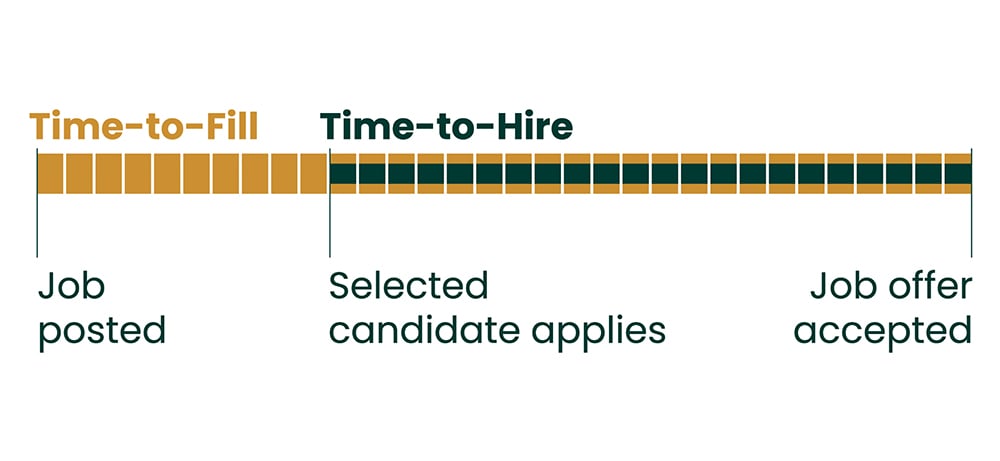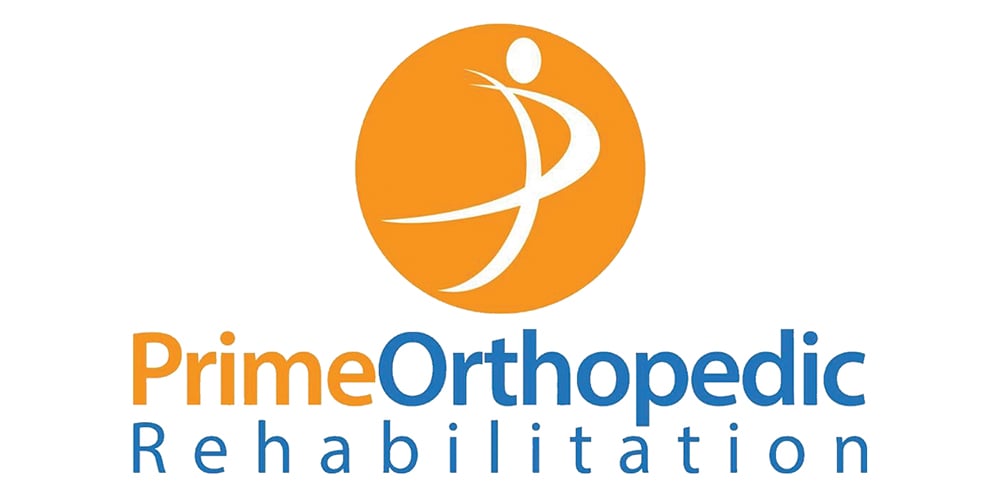As we pass middle age, staying fit and healthy becomes even more important for enjoying life and keeping our independence. Resistance training, which often gets overlooked, can be a game changer for promoting physical health. Our bodies reach peak muscle growth in our 20s; by 30 we begin to naturally lose muscle mass at a rate of 3-8% per decade in the absence of proactive efforts to keep it. By our 50s, deconditioned musculature can limit physical capacity and leave us prone to injury.
Whether at home or a gym, incorporating weight-bearing exercise into a weekly routine can have a big impact on overall physiological health, as well as protect against common medical conditions associated with aging. These exercises, using bodyweight, bands, dumbbells and other equipment, fortify the body and maximize our physical capabilities as we age. Many aspects of health are positively affected by regular resistance training.
Perhaps the most apparent benefit of resistance training is how it helps keep bones and joints in good working order. Conditions like osteoporosis can become a real concern, especially for women after menopause. Regular resistance exercises can boost bone density and slow down bone loss. Stronger muscles for men and women mean better support for joints, which can improve posture and promote safe, stable movements throughout the day. Resistance training is key for the prevention of, and recovery from, back pain and orthopedic injuries.
Most people think of “doing cardio” when it comes to heart health, but research shows that lifting weights can help lower blood pressure, improve cholesterol levels and enhance overall heart function. In fact, the American Heart Association recently updated its 2007 statement on the value of resistance training based on years of new data and research. The updated statement reports that resistance training is linked to about 15% lower risk of mortality and 17% lower risk of heart disease compared to adults who report no resistance training. Lifting weights is associated with new capillary growth, thereby improving muscle oxygenation, nutrient absorption and overall cardiovascular endurance.
For men, resistance training also plays a crucial role in keeping testosterone levels in check. Activities to increase strength and build muscle can trigger production, helping improve energy, mood and muscular recovery/growth. Lifting weights, and associated increases in muscle mass, also improves cellular insulin sensitivity and glucose uptake in the muscles, helping manage blood sugar levels. This is especially important for people living with, or are at risk for, diabetes.
From a psychological perspective, many people who lift weights regularly notice a lift in mood, emotional resilience and an improved overall sense of well-being.
If you’re over 50 and thinking about starting resistance training, here are some things to think about: It’s a good idea to talk to your doctor before beginning any new exercise program, especially if you have any health concerns. It’s OK to start small; something is better than nothing. Remember that the health benefits from resistance training are best achieved when balanced with activities that challenge aerobic health as well. Nutrition and sleep patterns are also important components of healthy living. Working with a certified trainer or senior fitness specialist, especially one able to collaborate with relevant health care providers, will ensure your program is tailored to your individual needs and that you’re using proper technique to avoid injuries.
Jason Goldsmith is a certified personal trainer, corrective exercise specialist and senior fitness specialist.











